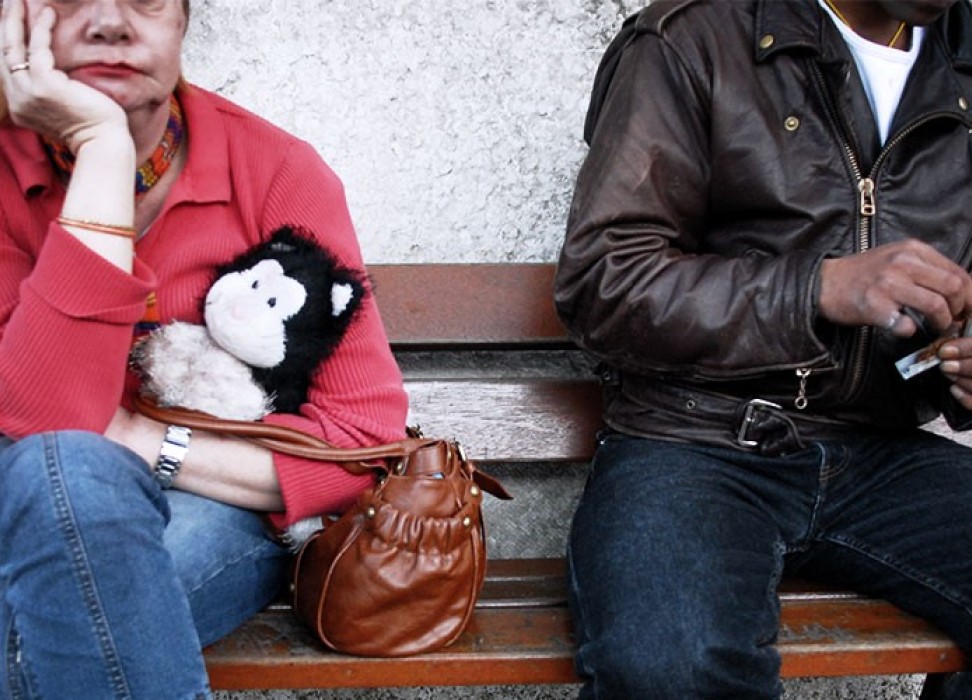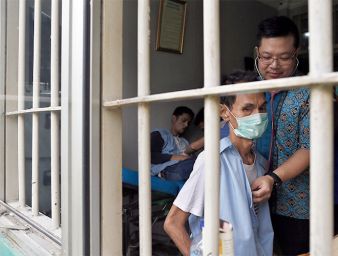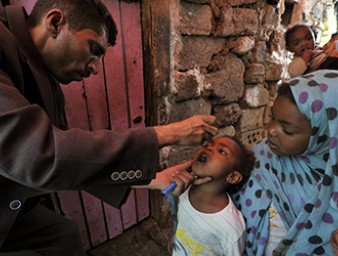A rights environment for the highest standard of mental health
05 July 2019

UN expert on the right to health, Dainius Pūras, says that good mental health must be defined by the creation of environments where people can live their lives in dignity in the equitable pursuit of their full potential.
In his latest report, the special rapporteur on the right to physical and mental health, Dainius Pūras, says that relationships and social inclusion play an important role in fostering mental health and wellbeing.
By focusing on individual and biomedical explanations of emotional distress, he says, States steer their attention away from rights-based policies and actions that promote the right to health.
“The quality of social relationships matters and connections between individuals, families and communities over the course of life, across generations, between Government and people, between different nations, and between mankind and nature are critical for mental health,” he points out.
Access to food, housing, education and work is also a precondition to mental wellbeing, he adds.
Pūras further points out that relationships are shaped by socio-economic, political and cultural structures: in the home, school, workplace, healthcare settings and society. He says that abusive relationships, violence and social disparities particularly affect groups in vulnerable situations such as minorities, indigenous peoples, LGBTI persons and persons with disabilities.
The World Health Organization’s mental health plan 2013-2020 includes promoting mental health through action on those social determinants; however, this objective has not been achieved by States.
“The burden of managing and coping with the systemic damage caused by ignoring the determinants of health has fallen on individuals. These individuals then turn to a mental health-care sector that often lacks adequate resources and appropriate approaches to cope with collective failures,” Pūras writes in his report.
He recalls that the responsibility falls on States to promote healthy relationships based on trust, respect and tolerance, by undertaking actions that promote community inclusion, environments free from violence and people’s participation in cultural diversity.
Despite improved rights-based indicators of wellbeing - such as reduction in suicides, global reduction of extreme poverty, reduction of interpersonal violence and greater gender equality – “opposition persist from a growing movement of powerful global stakeholders who oppose universal human rights principles and argue that the post-war world order, which established those principles, has failed,” Pūras says.
In his report, Pūras describes the right to health framework for States which includes financially prioritizing policies and measures linked to their core obligations such as non-discriminatory provision of services and the development of national public health strategies.
He also gives recommendations to States that include placing mental health at the centre of development and assistance decisions; reviewing their social, labour and economic policies to promote respectful relationships; and eliminating institutional care for children, while prioritizing infrastructure to support families in attaining quality relationships.
“Many parts of mental health-care systems, such as residential institutions and psychiatric hospitals, too often themselves breed cultures of violence, stigmatization and helplessness,” he says. “Efforts should be refocused towards non-coercive alternatives that address holistic well-being, and place individuals and their definition of their experiences, and their decisions, at the centre.”
5 July 2019




